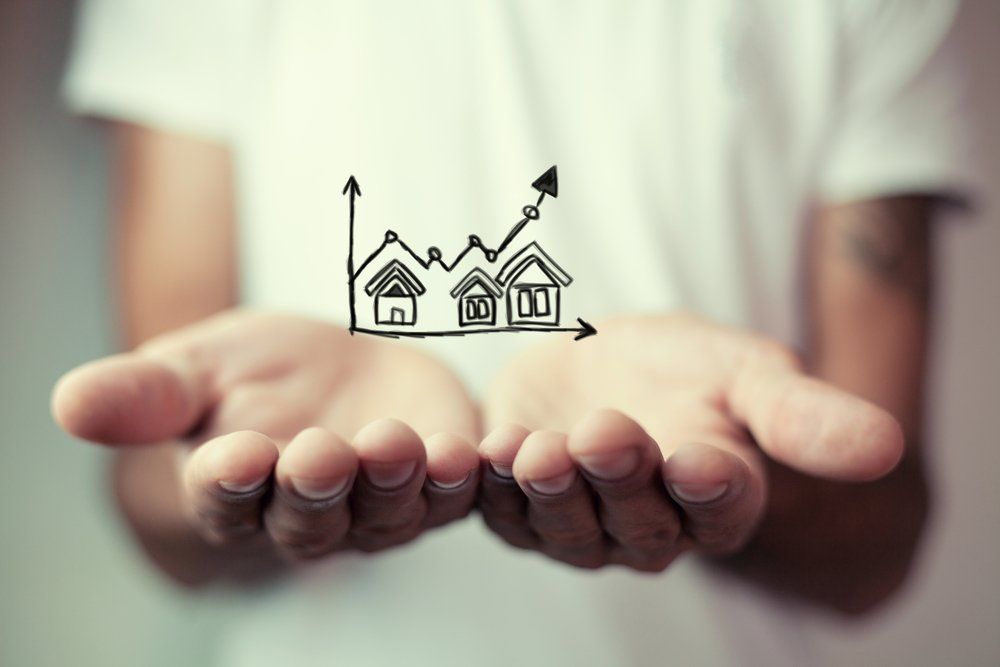
What Factors Go Into a Home’s Asking Price
Whether you’re house hunting or trying to sell your own home, trying to understand what goes into a home’s asking price can be a confusing endeavor. For those not well versed in real estate, trying to navigate these differences without an experienced guide can make the process of buying or selling a home more difficult.
The Factors that Go into a Home’s Asking Price
 When it comes to a home’s asking price, there are a number of factors that will ultimately affect that final number. Here are a few of them.
When it comes to a home’s asking price, there are a number of factors that will ultimately affect that final number. Here are a few of them.
The Current Market
In the world of real estate, things change quickly. The asking price of a home is largely determined by whatever is happening in the market at that exact moment.If there are a lot of homes listed for sale, you can typically expect asking prices to be very low. If houses on the market are scarce, call your real estate agent; it’s a great time to sell your house. If you’re buying, you may want to wait for the next shift in the market. You can expect the asking prices in this setting to very high.
Location, Location, Location
This one seems pretty self-explanatory, but it’s important to understand that this means so much more than just desirable neighborhoods and good school districts. Within the same area, two seemingly identical houses can actually be on opposite ends of the spectrum when it comes to asking price.Here are a few things to ask yourself to determine if the location is causing the price to fluctuate between two seemingly similar homes:
- Is the home in an area with easy access to main roads and interstates?
- Are there any parks or shops nearby?
- Is there a railroad that runs by the house or loud traffic?
All of these things (and plenty more) can play a significant role in determining a home’s asking price.
Features and Updates
These are best thought of as amenities, or extra touches that go along way. You might not consider something like brand name appliances to be a huge factor when it comes to determining the asking price for a home, but for many buyers, these features can go a long way.Some other price-changers may include central air conditioning, construction updates and new renovations, larger rooms, high ceilings, and natural lighting.
Size and Condition
When it comes to pricing a home, looks can be deceiving, and fixer-uppers aren’t always cheaper.Sure, if a house needs some work, you can usually expect it to be cheaper than a brand new home. That being said, location still pays a factor. If you’re seeing an expensive house that looks like it should be a steal because of the condition, take into consideration where it’s located.You should also always check the square footage for homes when comparing them to one another. Although two houses may seem to be similarly sized at first glance, a little extra space can make a world of difference.
Style and Floor Plan
This can vary depending on buyer preference and lifestyle, but there are some floor plans that are more desirable across the board and thus, demand a higher price.For example, colonial style homes are generally valued higher than split-level homes. Inversely, split-levels sell for more than bi-levels.This is important to keep all of these things in mind when considering asking prices for your home, as well as what you should be paying when you’re in the market for a new place.